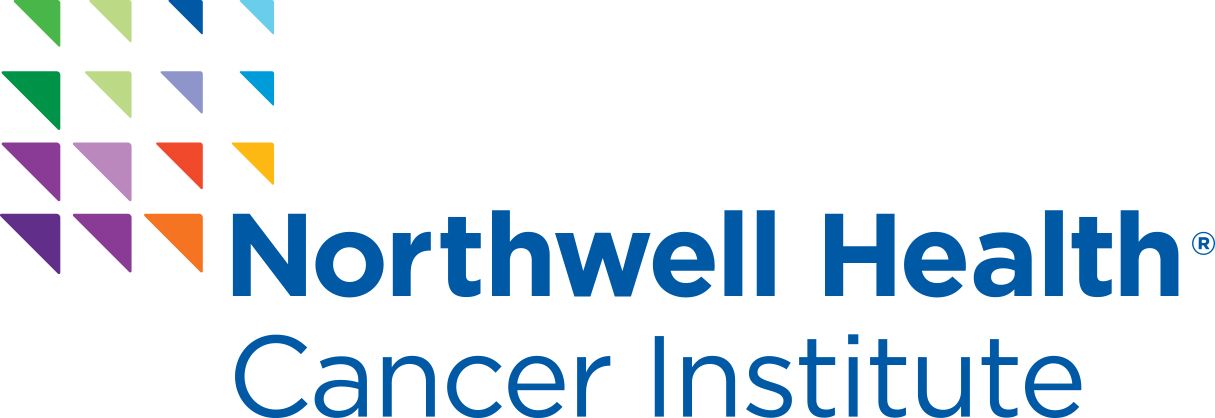
Dr Inra on the Role of the Surgeon in Early-Stage Lung Cancer

Matthew Lawrence Inra, MD, discusses the role of the thoracic surgeon in treatment decision-making for patients with early-stage lung cancer.
Matthew Lawrence Inra, MD, thoracic surgeon, Lenox Hill Hospital, Northwell Health, discusses the role of the thoracic surgeon and the importance of multidisciplinary collaboration in treatment decision-making for patients with early-stage lung cancer. He also emphasizes the clinical implications that emerge from biomarker testing results and how patients may be educated about the importance of these tests.
At Lenox Hill Hospital and Northwell Health, weekly tumor boards are held to facilitate multidisciplinary discussions about how to best treat patients with lung cancer or lung nodules, Inra begins. These meetings emphasize the importance of the early involvement of surgeons and other members of the oncology care team in treatment decision-making, particularly when tumors reach a certain size or involve lymph nodes, according to Inra. Early collaboration between surgical oncologists, medical oncologists, and other specialists is crucial for creating individual patient treatment plans and ensuring timely tissue access for molecular testing, he says.
In the context of lung cancer management, early tumor tissue collection is essential for identifying targetable mutations, such as EGFR or ALK, or other biomarkers, such as PD-L1, using methods like next-generation sequencing, Inra emphasizes. Prompt administration of these tests is critical, as the results may guide personalized treatment decisions for patients, he explains. This approach to lung cancer management involves tailoring treatment to individual patients’ tumor biology, he notes. The resulting paradigm shift toward targeted therapy and immunotherapy based on patients’ molecular profiles represents a significant advancement in early-stage lung cancer, Inra reports.
When communicating the importance of biomarker testing, it is vital to inform patients of the rationale behind testing and how new,personalized treatments can improve outcomes compared with more generalized treatment approaches, he says. This helps patients understand the value of targeted therapies and immunotherapies, which are becoming increasingly integral in early-stage lung cancer management, Inra concludes.






































